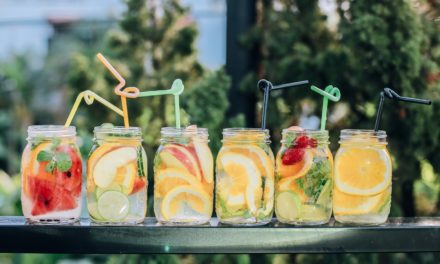As concerns continue to grow about the quality of tap water, it’s not surprising that bottled water has seen a rise in popularity. This rise in water sales in plastic containers has also brought about many negative environmental side effects and looming health concerns over the chemicals in these plastic bottles.
A new line of water-care products has been developed that transform ordinary tap water into a source of healthy natural hydration. This is a smarter, more sustainable, and eco-friendly option to bottled water. Nature’s Own Water Care products turn water conditioning into water maintenance. A blend of high-quality elements is used to restore your home’s water to its natural state. Water treated with Nature’s Own water care products makes water purer, more delicious and less harsh on clothes and appliances than regular household tap water. Water treated with Nature’s Own also soothes and revitalizes the body.
Bottled water is no longer needed. This has the additional benefit of reducing the amount of plastic waste dumped in U.S. landfills each and every year.
For every need, there is a product
Nature’s Own offers four water care products. Each is tailored to the specific needs of each home. Nature’s Own Potassium Cubes can be a healthy alternative to sodium-rich products. Potassium is an element naturally found in nature that is vital to healthy eating habits and less harmful to the earth. Potassium Enriched Cubes are a unique formula that provides a healthy balance between potassium and sodium, while protecting clothes and appliances.
Sodium Chloride Cubes with Resin Clean, and Sodium Chloride cubes with Rust Fighter are also available. These products can be used to prolong the life of water softeners and protect hair and skin from mineral byproducts. All four products can be used in any water softener.
Family members who are concerned about the quality and safety of their tap water should visit nasalt.com for information on Nature’s Own, healthier, and more environmentally-friendly alternatives to bottled. The Environmental Protection Agency can provide more information.












